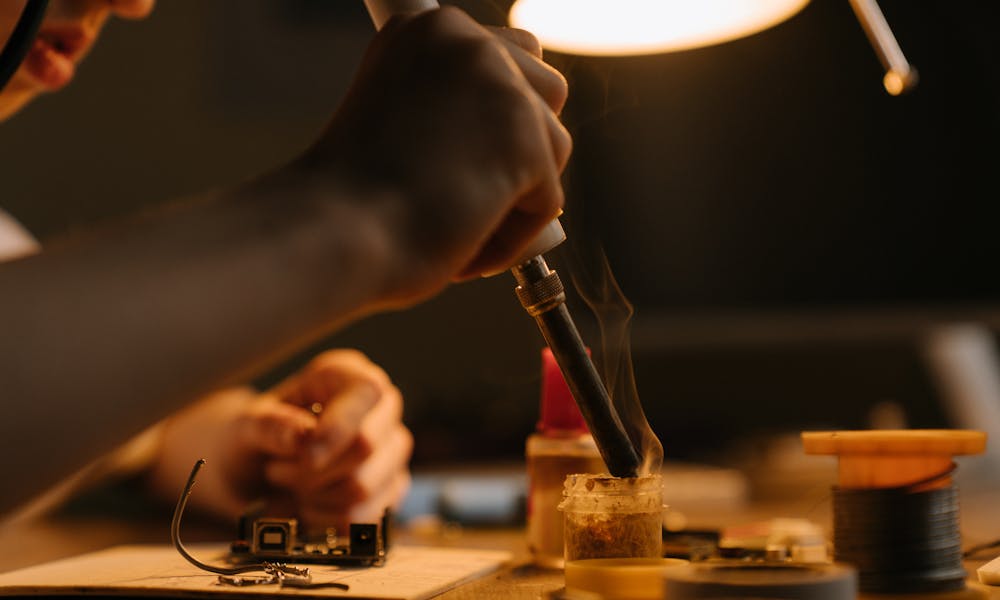PCB prototyping is critical to generating innovation in the electronics industry. As technology advances at a rapid rate, the need for smaller, quicker, and more efficient electrical gadgets has never been higher. In this post, we’ll look at how UEPPCB is influencing the future of electronics through PCB prototyping and fostering innovation across several sectors.
Miniaturization and Increasing Complexity
One of the primary themes driving electronics innovation is component shrinking and greater circuit complexity. PCB prototype allows engineers to experiment with novel materials, manufacturing procedures, and design methodologies to produce smaller, more powerful electronic devices. From wearable technologies to IoT devices, PCB prototyping is driving miniaturized innovation.
Enhanced performance and Functionality
PCB prototyping enables engineers to push the limits of performance and functionality in electrical devices. Engineers may optimize the performance of their designs by evaluating multiple configurations, layouts, and component locations, resulting in quicker speeds, improved efficiency, and greater dependability. Whether it’s improving signal integrity, lowering power consumption, or increasing computing power, PCB prototyping is critical for improving the overall operation of electronic devices.
Integration of Advanced Technologies
Another trend fueling innovation in electronics is the incorporation of sophisticated technologies such as AI, machine learning, and IoT. PCB prototyping allows engineers to experiment with new technologies and effortlessly integrate them into their designs. Whether designing smart sensors, autonomous systems, or linked devices, PCB prototyping provides the flexibility and agility required to incorporate modern technologies into electrical products.
Rapid prototyping, iterative design
In today’s fast-paced world, time-to-market is essential for success in the electronics sector. PCB prototyping allows engineers to rapidly iterate on their ideas and bring new products to market. By rapidly prototyping and testing several design iterations, engineers may discover and fix possible concerns early in the development process, saving time and money in the long run.
Customization and Personalization
With the growth of mass customization and individualized products, PCB prototyping has become critical for satisfying the specific demands of customers. Whether it’s building unique PCB layouts for specific applications or putting personalized features into electrical gadgets, PCB prototyping allows engineers to produce highly customized and personalized goods that appeal to customers.
Sustainability and Environmental Considerations
As sustainability becomes more essential, PCB prototyping plays a crucial part in the development of environmentally friendly electrical equipment. PCB prototyping enables engineers to experiment with environmentally friendly materials, energy-efficient designs, and recycling-friendly production techniques. Manufacturers may lower their environmental effect while meeting the rising demand for green electronics by focusing on sustainability in PCB prototyping.
Conclusion
As we look to the future of electronics, PCB prototyping will continue to play an important role in driving innovation and altering how we live, work, and communicate. PCB prototyping powers the next generation of electrical products, from downsizing and improved performance to sophisticated technology integration and quick prototyping. For more information on how UETPCB is impacting the future of electronics through PCB prototyping, please visit our website.


